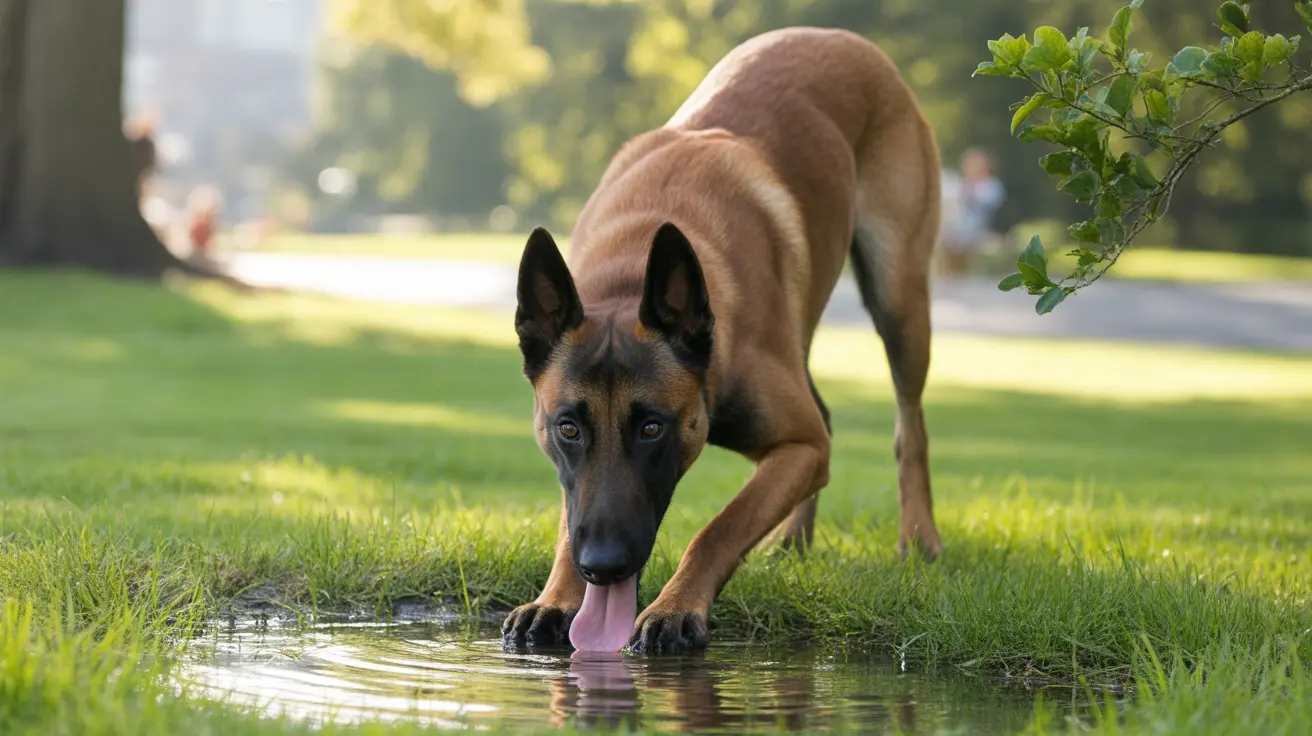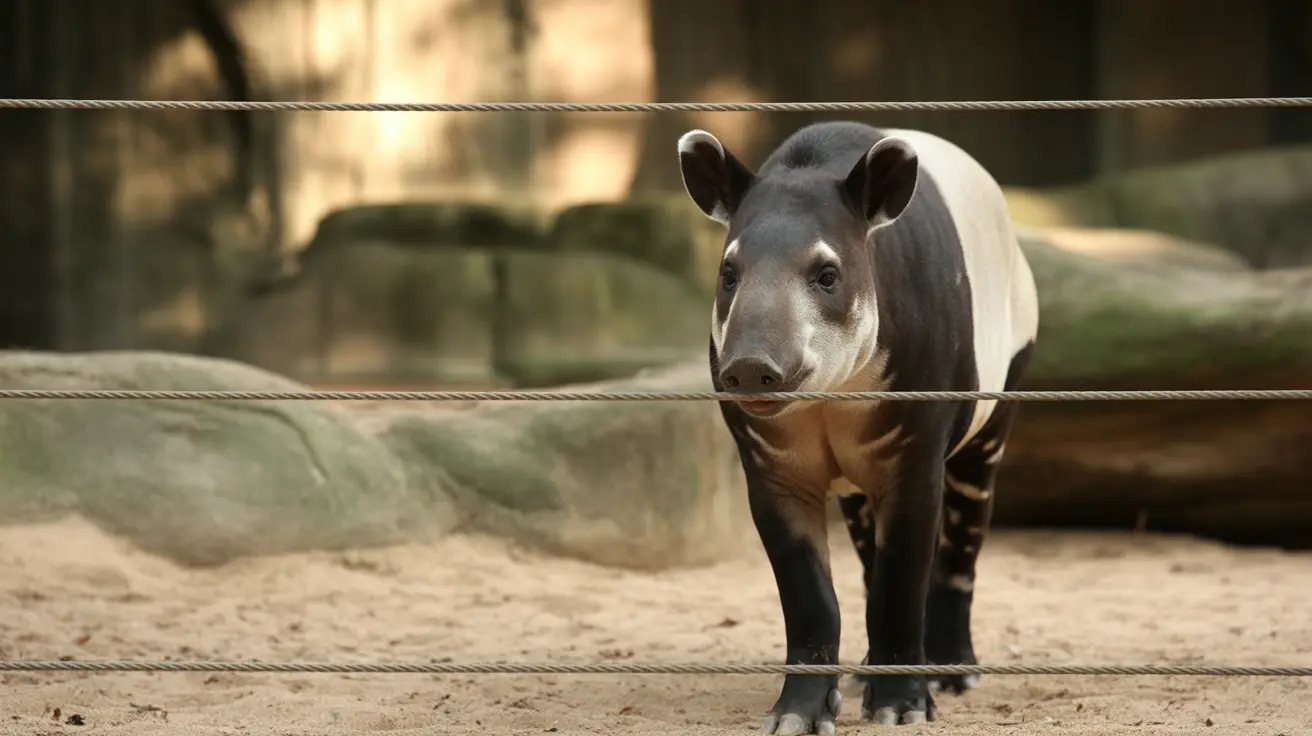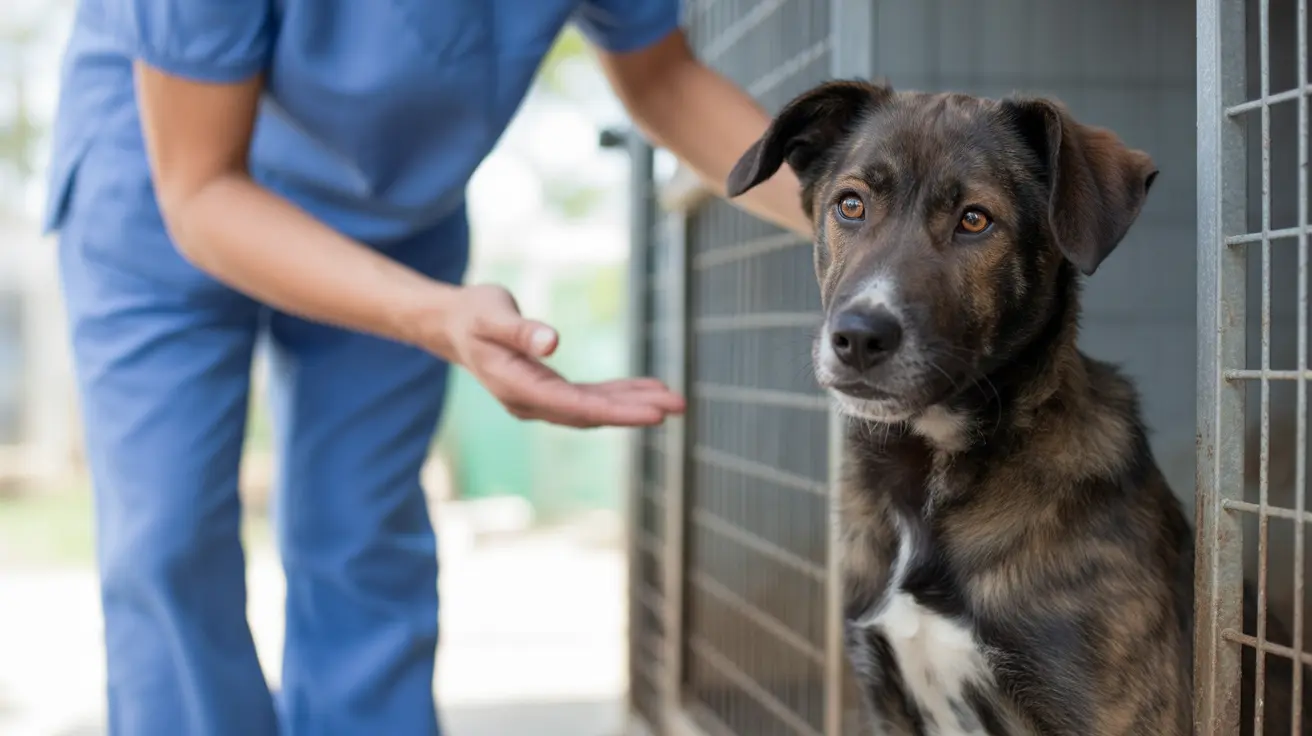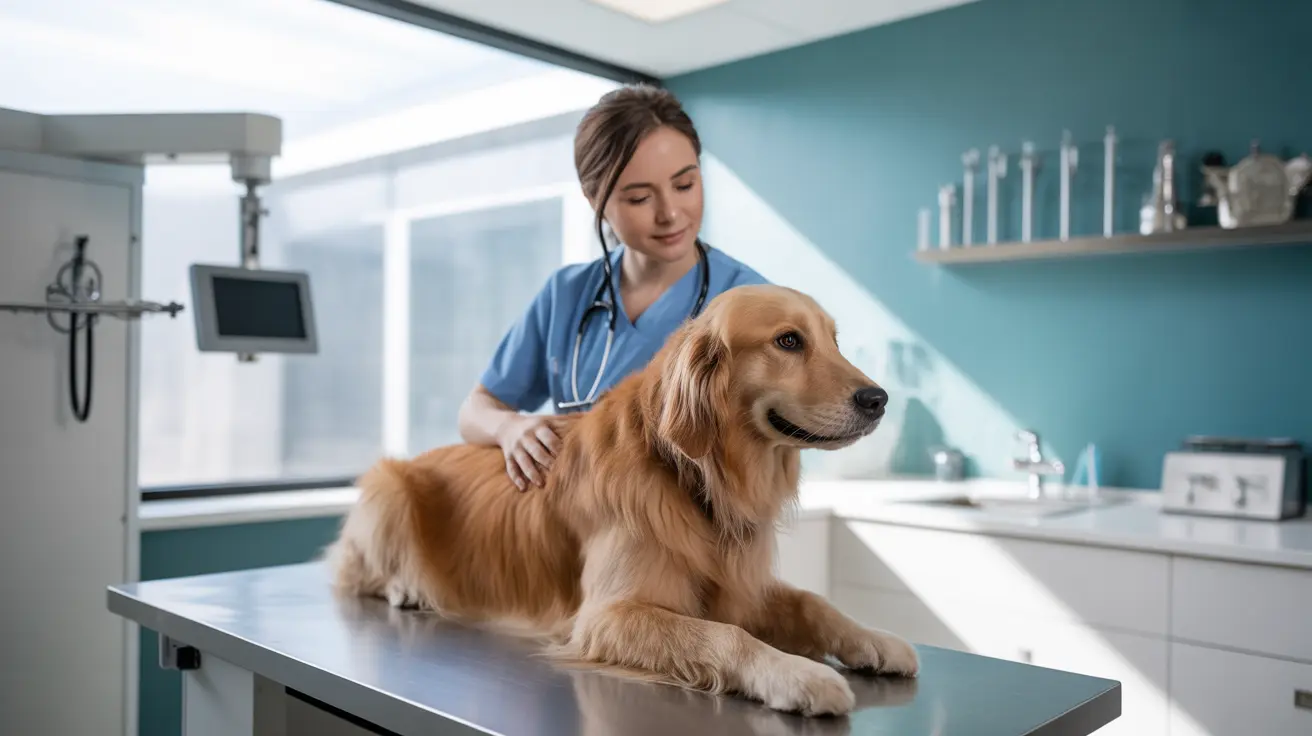If you've ever caught your dog licking their pee or showing interest in other dogs' urine during walks, you're not alone. While this behavior might seem strange or concerning to pet owners, it's actually rooted in complex biological and behavioral factors that serve important purposes for our canine companions.
Let's explore the fascinating reasons behind why dogs lick their pee, when this behavior is normal versus concerning, and what pet owners should know about this common canine habit.
The Science Behind Dogs and Urine
Dogs possess a remarkable organ called the vomeronasal organ (or Jacobson's organ) that allows them to gather detailed chemical information from urine. This specialized sensory tool helps them understand their environment and other animals in ways humans can't comprehend.
When your dog licks urine, they're actually collecting valuable data about other dogs' health, reproductive status, and emotional state. This behavior is deeply rooted in their evolutionary history as pack animals.
Normal Reasons Dogs Lick Their Pee
Natural Communication and Social Behavior
Dogs use urine as a form of chemical communication. When they lick their own or other dogs' urine, they're participating in a sophisticated form of social networking that helps them understand their canine community.
Post-Urination Grooming
Some dogs naturally lick themselves after urinating as part of their regular grooming routine. This behavior is typically normal and helps maintain cleanliness.
When Urine Licking Signals Health Issues
Medical Conditions
Excessive urine licking might indicate various health problems, including:
- Urinary tract infections
- Diabetes
- Kidney disease
- Cushing's syndrome
- Hormonal imbalances
Behavioral Causes
Sometimes, urine licking stems from behavioral issues such as:
- Anxiety or stress
- Boredom
- Attention-seeking behavior
- Compulsive disorders
Prevention and Management Strategies
If you're concerned about your dog's urine-licking behavior, consider these practical steps:
- Ensure constant access to fresh water
- Clean up accidents promptly using enzymatic cleaners
- Provide plenty of mental and physical stimulation
- Schedule regular veterinary check-ups
- Address any underlying anxiety or stress
When to Consult a Veterinarian
Seek professional help if you notice:
- Sudden increases in urine licking
- Changes in urination patterns
- Blood in urine
- Excessive thirst
- Signs of discomfort while urinating
Frequently Asked Questions
Why do dogs lick their own urine after peeing inside the house?
Dogs may lick their urine indoors due to house-training awareness, attempting to "clean up" their accident, or from anxiety about having urinated in an inappropriate place. Some may also do this if they're dehydrated or have an underlying medical condition.
Can licking urine be a sign of health problems like urinary tract infections in dogs?
Yes, excessive urine licking can indicate various health issues, including UTIs, diabetes, kidney problems, or hormonal imbalances. If you notice increased licking along with other symptoms, consult your veterinarian.
What does it mean when my dog licks other dogs' pee during walks?
This is typically normal social behavior. Dogs gather information about other canines through their urine, learning about their gender, reproductive status, health, and emotional state through chemical signals.
How does the vomeronasal organ help dogs understand urine scents?
The vomeronasal organ is a specialized sensory system that allows dogs to detect pheromones and other chemical signals in urine. This organ processes these chemicals and sends information to the brain about other animals' status and condition.
What can I do to stop my dog from licking urine out of boredom or stress?
Increase physical exercise and mental stimulation through toys, games, and training. Establish a consistent routine, provide appropriate environmental enrichment, and consider working with a professional trainer if the behavior persists.
Remember, while urine licking can be normal dog behavior, any sudden changes or excessive licking should be evaluated by a veterinarian to ensure your pet's health and well-being.






